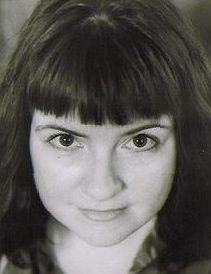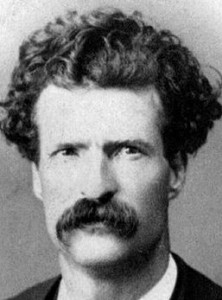Quote of the Day: Education by imitation
If you find yourself imitating another writer, that doesn’t have to be a bad thing, especially if you are a young or a new writer. However, you should be conscious of exactly how you are imitating him—word choice, sentence structure, motifs?—and think about why you’re doing it.
Imitation is the sincerest form of flattery, goes the old saying. It’s also a pretty good way to learn. You probably learned how to walk and talk and kiss and order beer largely from copying how the people around you did it. And you’re good at most of those things, aren’t you?
Writers have to be careful when imitating, of course. Plagiarism is an evil best avoided.
But imitating is also a great way to learn. If you’re paying attention, copying how a writer you admire puts words together can give you insights into what makes him or her so effective. How would your favorite writer say the next thing you want to say? Why would that work?
Baseball writer Rany Jazayerli listed “Imitate” as one of his 7 rules for writers on this very blog:
No, don’t plagiarize other writers’ words. That is bad, and you don’t want to be bad. But if you read enough, eventually you will be able to copy other writers’ styles. Pay attention when a writer you admire turns a phrase particularly well, or study how he interlaces humor into his prose with great subtlety, or take notes when she crafts a perfectly argued opinion piece.
Every writer is different. All writers have their own idiosyncrasies. The key is to copy what you think are the best attributes of every writer, until you [develop your own style].
I spent a lot of time in my formative writing years imitating other writers, trying on different voices before I found my own, which probably has tiny little traces of all of them in it, the same way you might find, if you looked closely enough in the right light, the faintest traces of my grandfather’s red hair in my brown and mostly gray mop.
Sometimes imitation can be a nice device. In 2001 I wrote a piece about Mark Twain, who that season was “in” enough to be mentioned in Elle magazine, and I wrote the first section of it in the style of Twain from “The Innocents Abroad.” Or at least I did the best I could, given the obvious limitation under which I toiled, namely that I am not Mark Twain.
But I learned some things from the exercise, and every once in a while, I’ll write a sentence and think, “Mark Twain taught me how to do that.”



